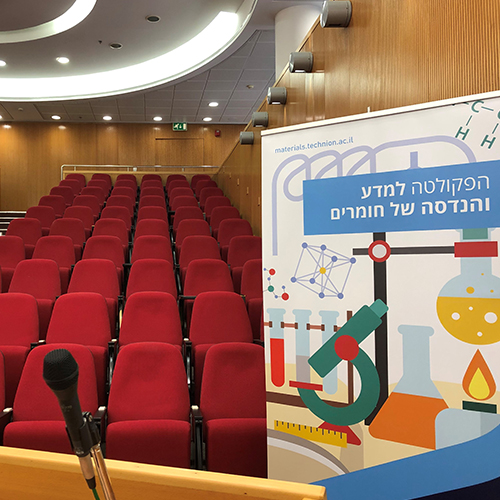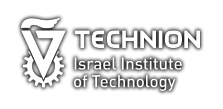
02/07/2025
David Wang Auditorium, 3rd floor Dalia Maydan Bldg
Assoc. Prof. Alp Sehirlioglu
Department of Materials Science and Engineering, Case Western Reserve University
High temperature ferroelectrics are sought after for actuator applications such as deep well oil drilling, fuel modulation in jet engines or ultrasonic drilling on the surface of Venus. The use of converse piezoelectric effect in actuators require large piezoelectric coefficients to obtain the necessary displacement under a reasonable electric field or within a suitable volume. As a result, of interest are perovskite ferroelectrics near a Morphotropic Phase Boundary at which the electromechanical properties maximize. However, the operating temperature of such materials have been limited. This talk will exemplify different approaches to discovery of new high temperature ferroelectrics, varying from trial and error to intuition or theory driven to approaches enabled by information sciences. Advantages and disadvantages of all the approaches will be discussed. The focus will be on the solid solutions of Bi-containing perovskites with PbTiO3. Initially, the tolerance factor of the unit cell and the ferroelectric activity of the cations were introduced as guidelines in designing compositions. Since then, these material systems became more complicated with solid solutions as ternaries or quaternary systems, as well as with aliovalent dopants and through microstructural engineering. The traditional approach of trial and error, even with some guidelines such as the aforementioned ones, cannot address the associated search space. A two-step machine learning (ML) approach will be discussed to guide experiments in search of this unexplored perovskite space for discovery of new materials with high Curie temperature. The ML approaches highlight the sparsity of materials science data for training models. I will introduce a new CRowdsourced Materials Data Engine for Unpublished X-Ray Diffraction (CRUX) being developed to address some aspects of this problem.


